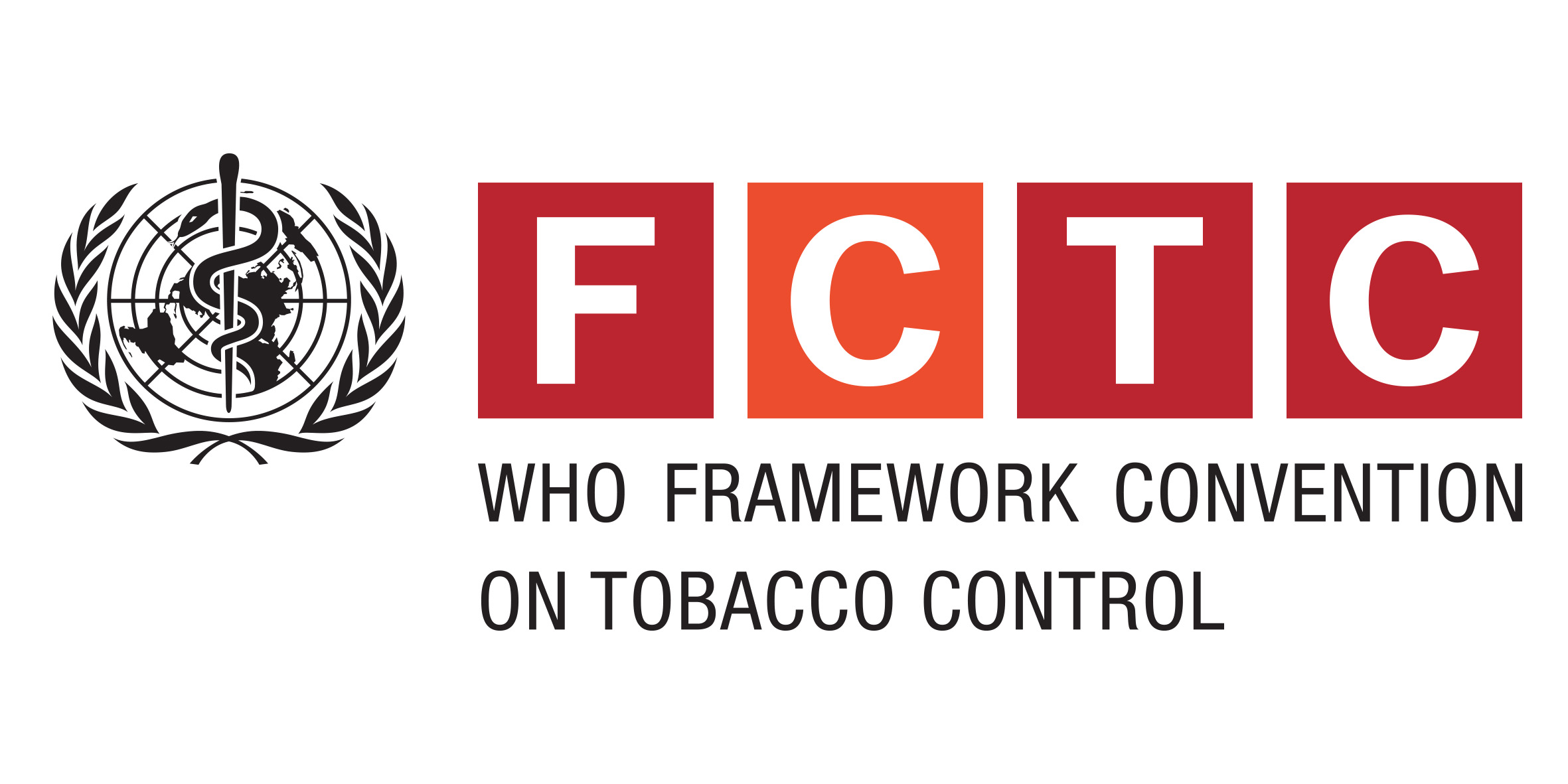Journal Article
Print(0)
American Journal of Preventive Medicine
Am.J.Prev.Med.
Jan
48
1
93
97
LR: 20160101; CI: Copyright (c) 2015; GR: CC999999/Intramural CDC HHS/United States; JID: 8704773; 1490-04-6 (Menthol); 6M3C89ZY6R (Nicotine); HHSPA695400; OID: NLM: HHSPA695400; OID: NLM: PMC4454462; 2014/03/03 [received]; 2014/06/20 [revised]; 2014/07/2
Netherlands
1873-2607; 0749-3797
PMID: 25245795
eng
Journal Article; IM
10.1016/j.amepre.2014.07.044 [doi]
Unknown(0)
25245795
BACKGROUND: Menthol can mask the harshness and taste of tobacco, making menthol cigarettes easier to use and increasing their appeal among vulnerable populations. The tobacco industry has targeted youth, women, and racial minorities with menthol cigarettes, and these groups smoke menthol cigarettes at higher rates. The tobacco industry has also targeted the lesbian, gay, bisexual, and transgender (LGBT) communities with tobacco product marketing. PURPOSE: To assess current menthol cigarette smoking by sexual orientation among a nationally representative sample of U.S. adults. METHODS: Data were obtained from the 2009-2010 National Adult Tobacco Survey, a national landline and cellular telephone survey of non-institutionalized U.S. adults aged >/=18 years, to compare current menthol cigarette smoking between LGBT (n=2,431) and heterosexual/straight (n=110,841) adults. Data were analyzed during January-April 2014 using descriptive statistics and logistic regression adjusted for sex, age, race, and educational attainment. RESULTS: Among all current cigarette smokers, 29.6% reported usually smoking menthol cigarettes in the past 30 days. Menthol use was significantly higher among LGBT smokers, with 36.3% reporting that the cigarettes they usually smoked were menthol compared to 29.3% of heterosexual/straight smokers (p
American Journal of Preventive Medicine
Fallin,A., Goodin,A.J., King,B.A.
Center for Tobacco Control Research and Education, University of California, San Francisco, California. Electronic address: atfall2@uky.edu.; Institute for Pharmaceutical Outcomes and Policy, University of Kentucky, Lexington, Kentucky.; Office on Smoking
20140919
PMC4454462
http://vp9py7xf3h.search.serialssolutions.com/?charset=utf-8&pmid=25245795
2015

